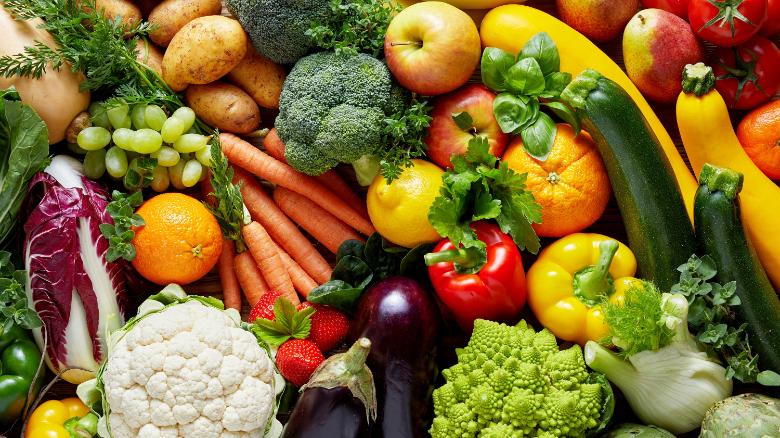
A full belly makes a happy heart, but your heart will be happier if you focus on sustaining long-term habits.
Heart-healthy eating starts with your eating patterns, according to the American Heart Association’s recent scientific statement, “2021 Dietary Guidance to Improve Cardiovascular Health.”
That doesn’t mean giving up takeout or that five-minute meal kit from the grocery store altogether. The dietary guidance encourages people to adapt these habits into their lifestyle.
The statement identifies 10 features of heart-healthy eating patterns — including uidance to combine a balanced diet with exercise; consume most nutrients through food over supplements; eat whole grains; reduce sodium, added sugar and alcohol intake; use non-tropical plant oils; and eat minimally processed, over ultra-processed, foods.
I – Word Understanding
Fad diet – a diet that becomes popular for a short time
Meal kit vs. Meal delivery:
Meal kit – a subscription-based service that sends the customer a box containing pre-portioned ingredient items for that kit’s recipe. All that remains to be done is combine the ingredients, cook and serve.
Meal delivery – a service that send pre-cooked meals
II – Have Your Say
A heart healthy diet is food for a lifetime. It can also help the environment. Here are 10 features of a dietary pattern that promote heart health according to the American Heart Association. Share your thoughts:
1, Balance food and calorie intake with physical activity to maintain a healthy weight.
2, Choose a wide variety and eat plenty of fruits and vegetables to get a full range of nutrients from food rather than supplements;
3, Choose whole grains and other foods made up mostly of whole grains;
4, Include healthy sources of lean and/or high-fiber protein such as plant proteins (nuts and legumes), fish or seafood, low fat or non-fat dairy, lean cuts of meat and limit red and processed meats;
5, Use liquid non-tropical plant oils such as olive or sunflower oils;
6, Choose minimally processed foods rather than ultra-processed foods as much as possible;
7, Minimize intake of beverages and foods with added sugars;
8, Choose or prepare foods with little or no salt;
9, Limit alcohol consumption; if you don’t drink, do not start; and
10, Apply this guidance no matter where food is prepared or consumed.
831 Fad diets are out. It’s your lifestyle habits that matter


